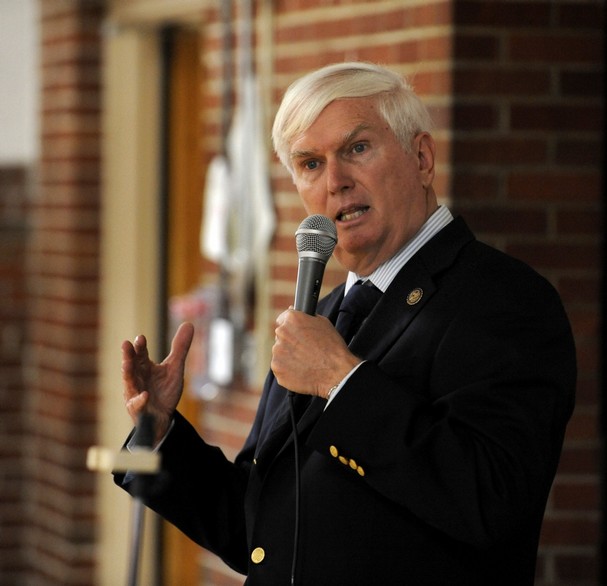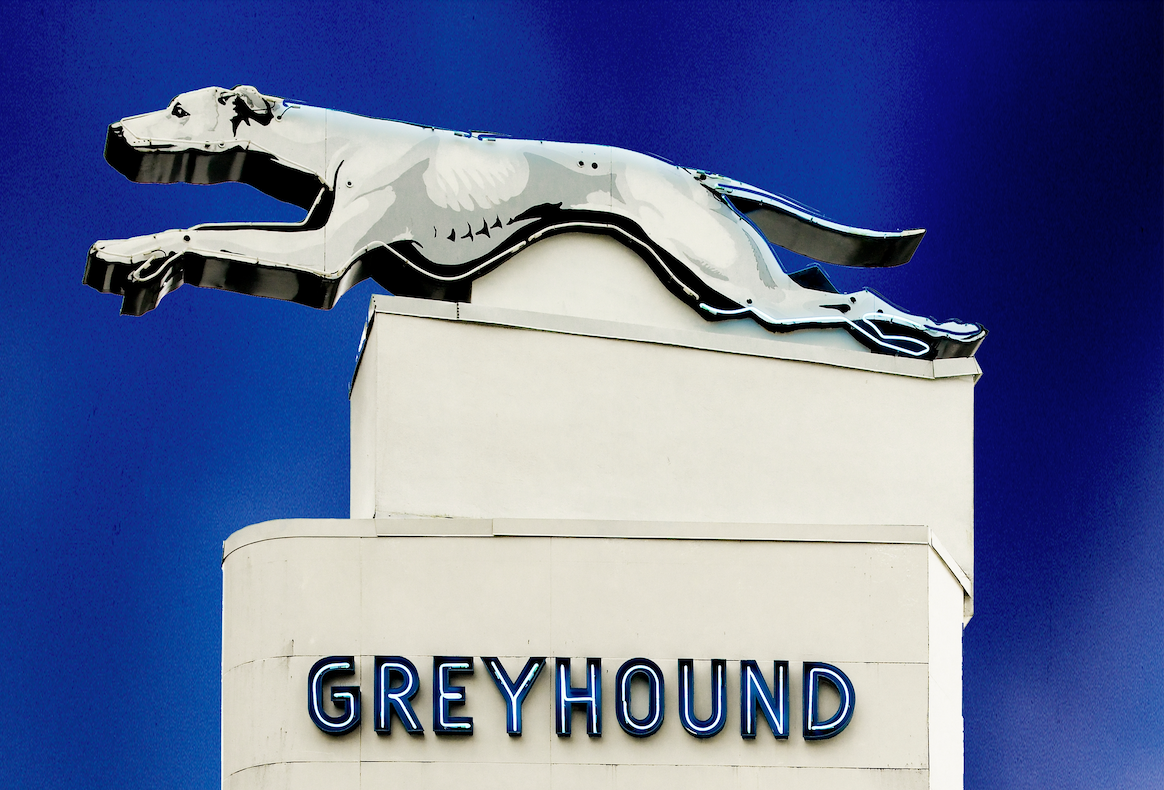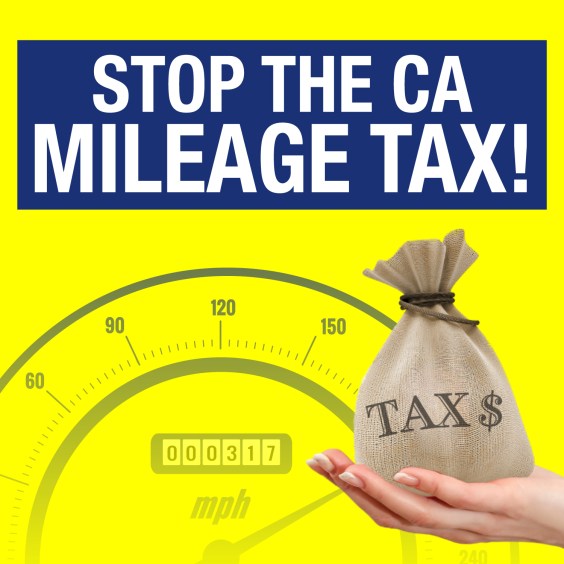This article was adapted from an earlier report on Streetsblog NYC.
A Congressional road show on freight arrived in New York last Friday afternoon, bringing together air, trucking, and rail industry representatives to testify before the House Transportation and Infrastructure Committee's freight panel.

While the House is holding hearings like this one, U.S. DOT is working toward its own national freight plan with its Freight Advisory Committee, and top officials there have expressed a desire to prioritize some modes over others. "We want to keep goods movement on water as long as possible, and then on rail as long as possible and truck it for the last miles," Deputy Secretary John Porcari said in 2010.
On Friday, Streetsblog asked Rep. John Duncan, a Republican from eastern Tennessee who chairs the freight panel, if he agreed with Porcari's modal hierarchy. "Yes," he said. "It's the goal of I think almost everyone in transportation to emphasize rail and water transportation a little bit more than it's been emphasized in the past, and I think we can do that," he said. "Everyone on this panel is very focused on trying to balance out our transportation a little bit more than it is at this time."
"We're getting close to the time that we're going to put out our report and our recommendations," Duncan said, adding that recommendations could be enacted in future transportation bills or separate pieces of legislation. Duncan noted that the freight panel is modeled on a House Armed Services Committee panel on reforming acquisition in the Department of Defense. "Several of their recommendations were actually passed into law," he said.
Pat Foye, executive director of the Port Authority of New York and New Jersey, said that the Port Authority is working with transportation departments in New Jersey, New York state, and New York City on a comprehensive regional freight plan. He also said that infrastructure replacement projects should receive speedier environmental review, citing the Bayonne Bridge and the Tappan Zee Bridge -- which will build a new, wider span without additional transit investment -- as examples of the Obama administration expediting the environmental review process. "The case is clearer with a project like the Bayonne," Foye said. "We're not building a bridge or knocking a bridge down."
As Streetsblog reported yesterday, an amendment to the Senate appropriations bill from Louisiana Republican David Vitter would entirely exempt projects like the Tappan Zee Bridge widening from the environmental review process.
Last week's hearing also included a status report on the long-discussed Cross-Harbor Freight Tunnel between New Jersey and Brooklyn.
The Cross-Harbor rail project, a longtime cause of New York Representative Jerrold Nadler -- who led the hearing along with Rep. Duncan -- would reduce the New York region's heavy reliance on trucking, but also increase freight demand on some corridors that see significant passenger service.
Some at the hearing signaled their desire to reduce truck tolls. Rep. Markwayne Mullin (R-OK) expressed disbelief at how much they cost in the New York area, and Gerry Coyle of American Trucking Associations applauded Staten Island Rep. Michael Grimm's effort to force the MTA to drop tolls on the Verranazo-Narrows Bridge through legislation.
Coyle also spoke against congestion pricing, saying that it "will not necessarily work or be effective for commercial traffic." Although some ports have plans to encourage off-peak truck trips, Coyle said, hours-of-service regulations from the Federal Motor Carrier Safety Administration often put trucks on the road during rush hours. "It's really counter-productive," he told the panel, apparently disregarding all the time commercial drivers would save if fewer rush-hour car commuters were on the road.





